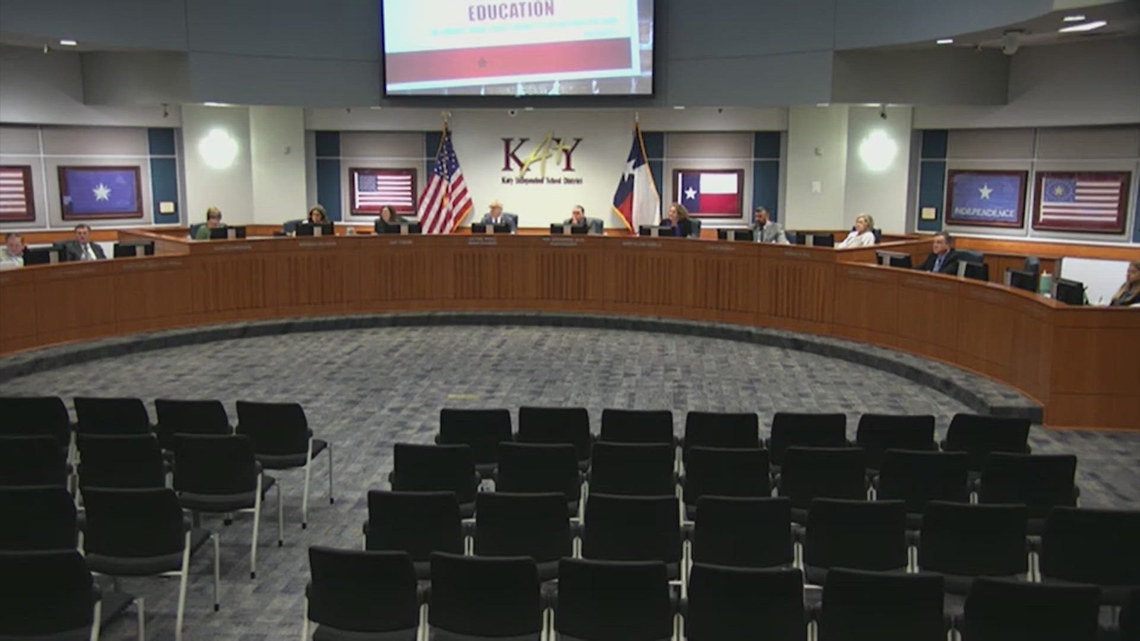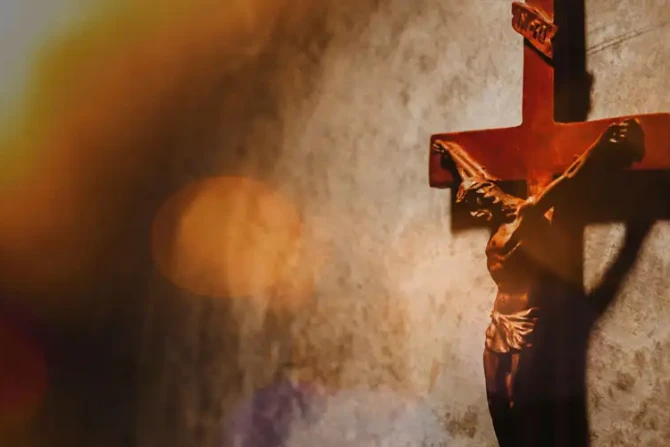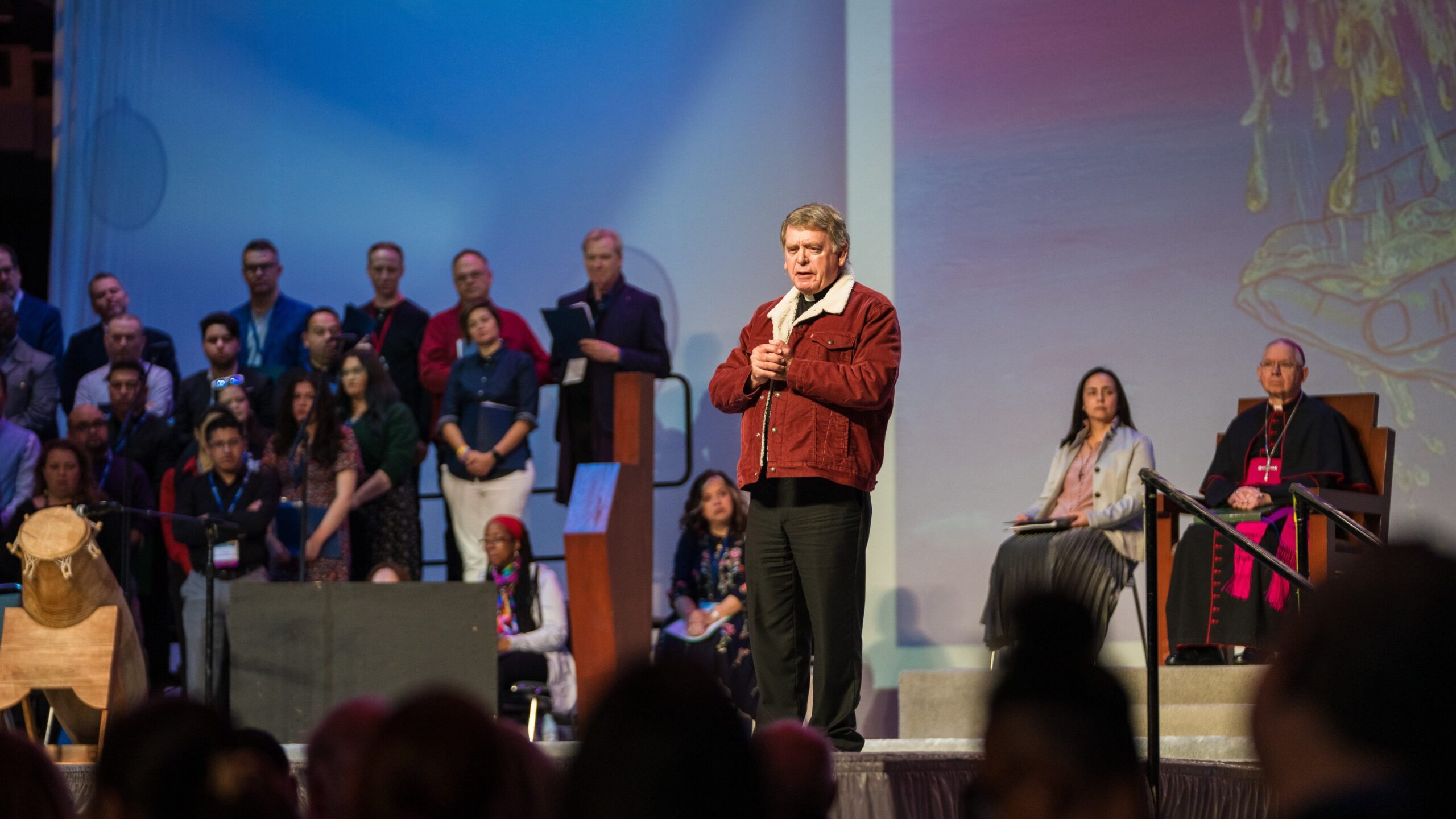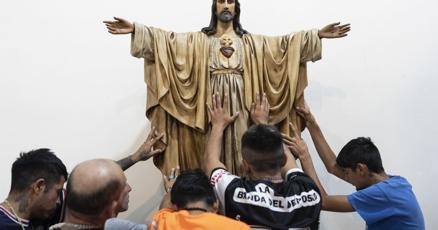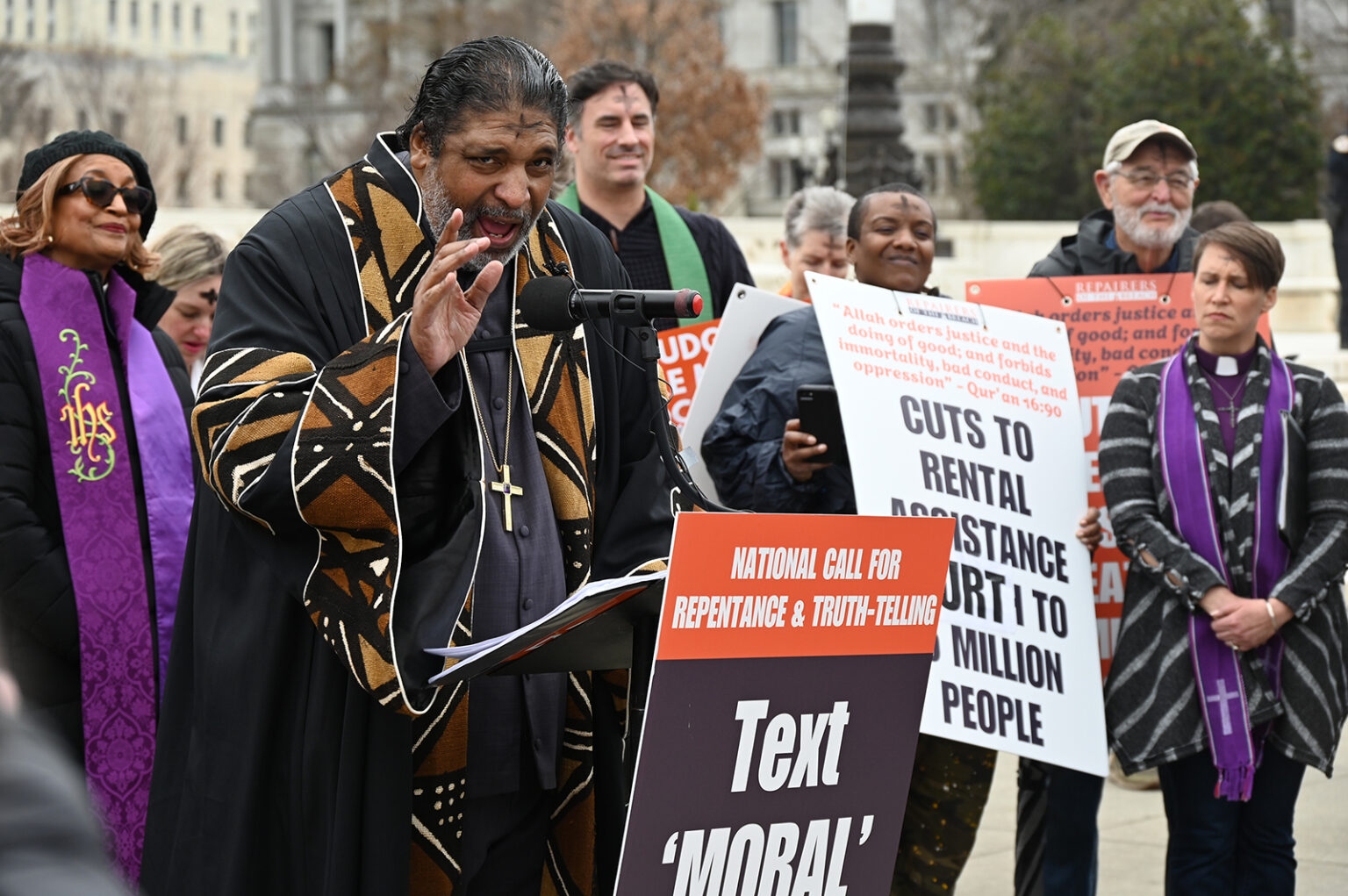Sacred Land vs. Supreme Silence: Apache Tribe's High-Stakes Legal Battle Hangs in Judicial Uncertainty
Religion
2025-04-23 03:00:00Content

In a significant legal development, three new court documents have emerged in the high-stakes Apache Stronghold v. United States case, signaling potential new complexities in the ongoing legal battle. These recently filed documents promise to shed light on the intricate dispute surrounding Native American land rights and religious freedom.
The Apache Stronghold, a dedicated advocacy group, continues to challenge the federal government's plans that could potentially threaten sacred Indigenous lands. The newly submitted legal papers are expected to provide critical insights into the group's arguments and legal strategy, potentially marking a pivotal moment in their fight to protect their ancestral territory.
Legal experts and Native American rights advocates are closely monitoring these developments, recognizing the broader implications this case could have for Indigenous land preservation and religious protections. The additional court documents may offer new perspectives on the complex legal and cultural issues at the heart of this landmark lawsuit.
As the case progresses, the Apache Stronghold remains committed to defending their sacred sites and preserving their cultural heritage against what they view as potentially destructive federal land management policies.
Legal Showdown: Apache Stronghold's Unprecedented Battle for Sacred Land Rights
In the intricate landscape of Native American land rights and judicial proceedings, a groundbreaking legal challenge emerges that could potentially reshape the fundamental understanding of cultural preservation and federal land management. The Apache Stronghold's recent court filings represent more than just a legal dispute; they symbolize a profound struggle for cultural identity, spiritual connection, and the protection of sacred ancestral territories.Unveiling the Critical Battle for Indigenous Sovereignty and Spiritual Preservation
The Legal Landscape of Indigenous Land Rights
The Apache Stronghold's legal confrontation with the United States government transcends traditional legal boundaries, presenting a complex narrative of cultural preservation and constitutional rights. This unprecedented case challenges long-standing interpretations of land ownership, spiritual significance, and indigenous sovereignty. Legal experts suggest that the outcome could establish critical precedents for how Native American communities interact with federal land management policies. The intricate legal strategy employed by Apache Stronghold demonstrates a sophisticated approach to defending sacred territories. By leveraging constitutional protections and highlighting the deep spiritual connections to specific geographical locations, they are constructing a nuanced argument that goes beyond conventional property rights discourse.Judicial Implications and Potential Transformative Outcomes
Recent court documents filed by Apache Stronghold reveal a meticulously crafted legal argument that challenges existing frameworks of land use and cultural preservation. The case represents a critical moment in Native American legal history, potentially redefining the relationship between indigenous communities and governmental land management institutions. Legal scholars are closely monitoring the proceedings, recognizing that the case could establish groundbreaking precedents for indigenous land rights. The potential implications extend far beyond the immediate dispute, potentially influencing future legislative and judicial approaches to cultural heritage protection.Cultural Significance and Spiritual Connectivity
At the heart of this legal battle lies a profound spiritual connection that transcends mere physical territory. The Apache Stronghold's argument emphasizes the intrinsic relationship between indigenous communities and their ancestral lands, presenting a holistic perspective that challenges reductive legal interpretations of land ownership. The spiritual dimensions of this case highlight the complex interplay between cultural preservation, legal frameworks, and indigenous sovereignty. By articulating the deep-rooted significance of specific geographical locations, Apache Stronghold is challenging dominant narratives about land use and cultural rights.Broader Societal and Legal Ramifications
The ongoing legal proceedings represent more than a singular dispute; they symbolize a broader societal reckoning with historical injustices and contemporary challenges facing indigenous communities. The case serves as a powerful platform for discussing systemic inequities, cultural erasure, and the ongoing struggle for recognition and respect. Legal experts suggest that the outcome could potentially influence future policy-making, judicial interpretations, and societal understanding of indigenous rights. The case represents a critical moment of reflection on the complex historical and contemporary relationships between Native American communities and governmental institutions.Strategic Legal Maneuvering and Community Mobilization
Apache Stronghold's approach demonstrates a sophisticated blend of legal strategy and community mobilization. By presenting a comprehensive narrative that intertwines legal arguments with cultural significance, they are challenging traditional legal frameworks and advocating for a more nuanced understanding of indigenous rights. The legal team's strategic approach involves not just presenting a case, but constructing a broader narrative about cultural preservation, spiritual connectivity, and the fundamental rights of indigenous communities. This multifaceted strategy represents a powerful model of legal advocacy and cultural resistance.RELATED NEWS
Religion
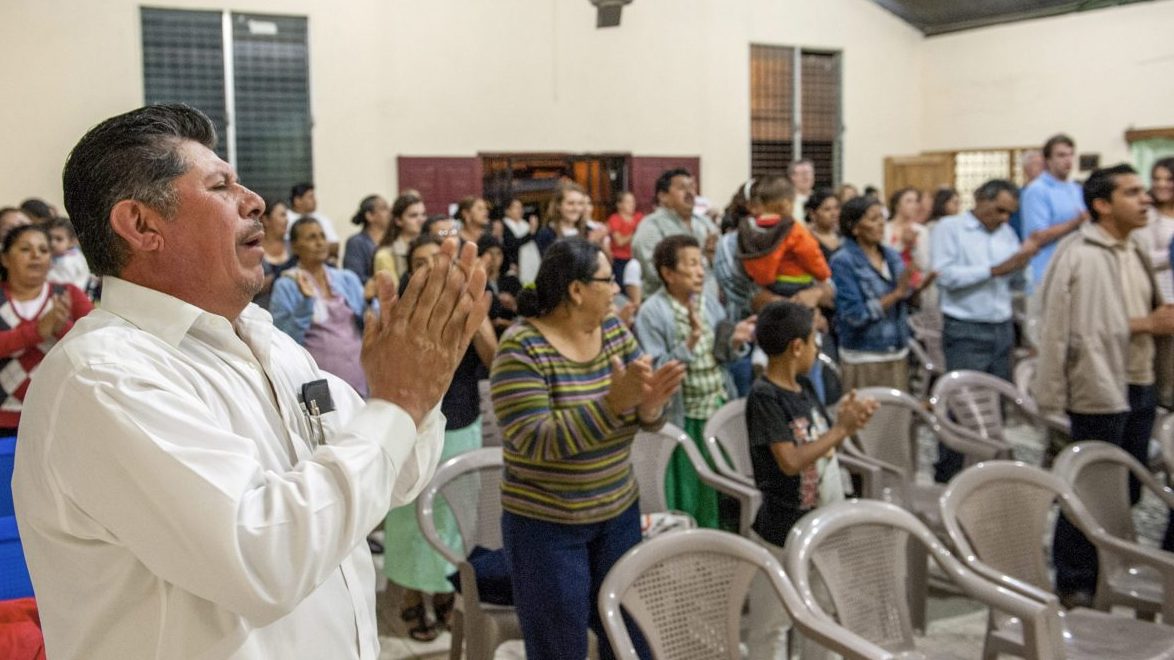
Faith and Fulfillment: How Regular Church Attendance Boosts Personal Well-being
2025-05-05 19:03:46
